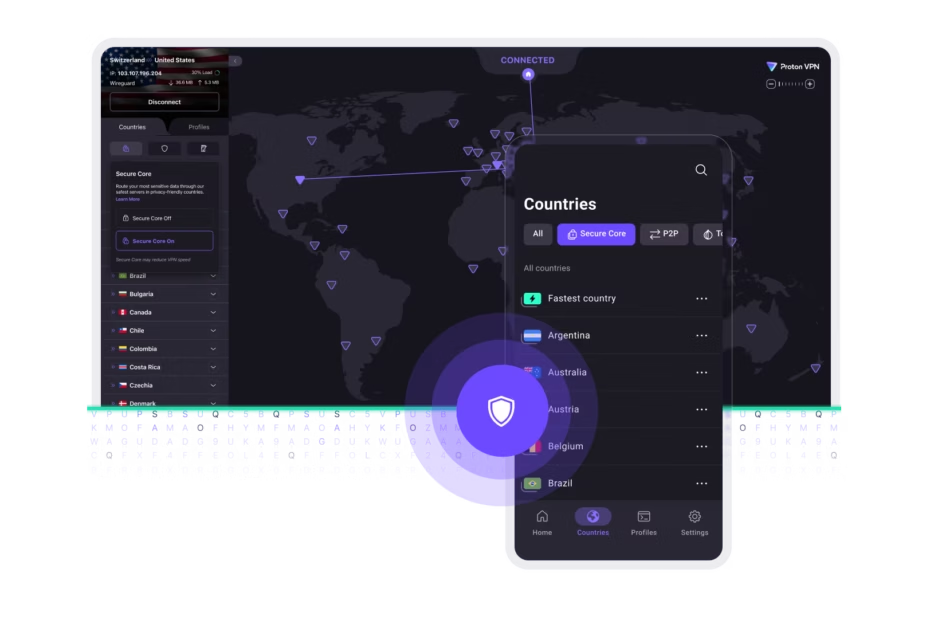If you’re wondering what a VPN is and how it works with IPTV, you’re not alone. A VPN for IPTV use is a simple and powerful tool that can make your streaming experience smoother, more secure, and even more enjoyable. Whether you’re concerned about privacy, want to bypass restrictions, or just want better access to content, understanding VPNs is the first step.
What is a VPN?
A VPN (Virtual Private Network) is a service that hides your IP address and encrypts your internet connection. This helps protect your privacy online and allows you to appear as if you’re browsing from a different location. VPNs are commonly used for security, but they’re also helpful for accessing region-restricted content.
Do I need it for IPTV?
Using a VPN for IPTV is not required, but it offers clear benefits. It can prevent your ISP from throttling your connection, protect your activity from being monitored, and give you access to IPTV services that may be blocked in your region.
Can it unblock IPTV content?
Yes, it can unblock IPTV content by masking your IP and letting you connect through servers in other countries. This allows you to watch content that might not be available in your location.
Will slow down my IPTV streaming?
Some VPNs can slightly reduce your internet speed, but many premium VPNs are optimized for streaming and offer fast, stable connections. Choosing the right VPN server and provider helps keep your streams smooth and buffer-free.
Which one works best with IPTV?
The best VPNs for IPTV are those that offer high-speed servers, strong privacy protection, and compatibility with multiple devices. Look for VPNs that support Smart TVs, Firesticks, Android Boxes, and routers for the best experience.
How do I set up a VPN for IPTV?
Setting up a VPN for IPTV is easy. You can install the VPN app directly on your streaming device, configure it on your router, or use a Smart DNS feature if your VPN offers one. Most services provide clear setup guides for popular devices.
Is it legal using it with IPTV?
Using a VPN is legal in most countries, but what you access with IPTV may not always be. A VPN simply provides privacy and access, but it’s up to you to ensure the content you’re watching is legal in your region.
Can I use a free one for IPTV?
Free VPNs may work, but they often come with limitations like slower speeds, fewer servers, and data caps. For a reliable IPTV experience, a paid VPN is usually a better choice. It ensures smoother streaming and better privacy.
Does a VPN protect my privacy with IPTV?
Absolutely. A VPN encrypts your internet traffic, keeping your activity hidden from ISPs and potential third parties. This is especially useful if you want to keep your IPTV usage private.
What devices support VPNs for IPTV?
VPNs are available on many devices including Smart TVs, Android boxes, Firesticks, PCs, and even routers. Make sure the VPN you choose supports the device you plan to use for IPTV.
What are the benefits of using a VPN?
Using a VPN with IPTV gives you more content access, improved privacy, and protection from throttling. It also helps avoid regional blackouts and restrictions, making your streaming experience more flexible and secure.
Conclusion
A VPN for IPTV use is a smart way to improve your streaming experience. It helps unlock content, keeps your activity private, and can even enhance your connection stability. If you’re serious about IPTV, using a VPN is definitely worth considering.

